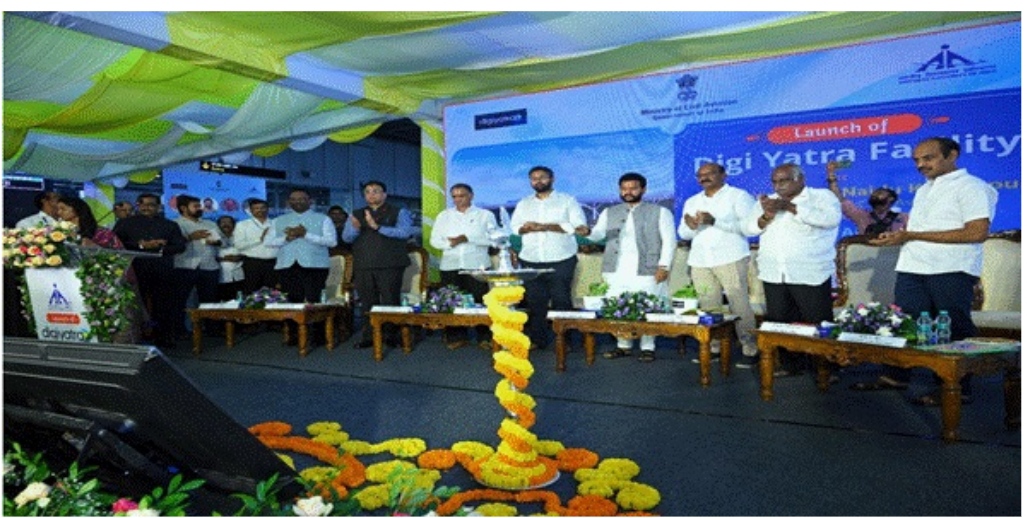Swachh Bharat Mission Marks Decade of Transformative Sanitation Efforts.
New Delhi:
Launched by Prime Minister Narendra Modi on October 2, 2014, the Swachh Bharat Mission (SBM) set an ambitious target to make India “open-defecation free” (ODF) by the 150th birth anniversary of Mahatma Gandhi in 2019. This initiative has since dramatically transformed India’s approach to hygiene and sanitation, with a focus on constructing over 100 million toilets in rural areas and setting a global benchmark for community-driven sanitation reform.
The mission is split into two main phases: Swachh Bharat Mission–Grameen (SBM-G) and Swachh Bharat Mission (Urban) (SBM-U). SBM-G Phase I emphasized nationwide participation and community engagement, achieving remarkable progress in improving rural sanitation. Following this, SBM-G Phase II aims to sustain ODF status and enhance waste management, with over 5.87 lakh villages now achieving ODF Plus status and substantial investments in sanitation infrastructure.
A government spokesman stated that in urban areas, SBM-U has significantly improved city sanitation, constructing over 63 lakh household toilets and more than 6.3 lakh public toilets. The initiative has driven behavior change through a “Jan Andolan” and brought urban sanitation to the forefront of India’s development agenda.
A recent study in Nature highlights SBM’s impact on reducing infant and child mortality rates, attributing the prevention of 60,000 to 70,000 infant deaths annually to increased toilet access and improved sanitation. This study underscores SBM’s success in reducing exposure to harmful pathogens, leading to lower incidences of diarrhea and malnutrition.
Looking ahead, the Swachh Bharat Mission is preparing for the Swachhata Hi Seva (SHS) campaign 2024, which will commence on September 17 and conclude on October 2. This campaign will focus on mobilizing public participation and recognizing sanitation workers’ contributions.
With ongoing efforts to enhance sanitation infrastructure and foster behavior change, SBM remains a model for comprehensive public health initiatives, demonstrating how improved sanitation can lead to a healthier and more prosperous society.



